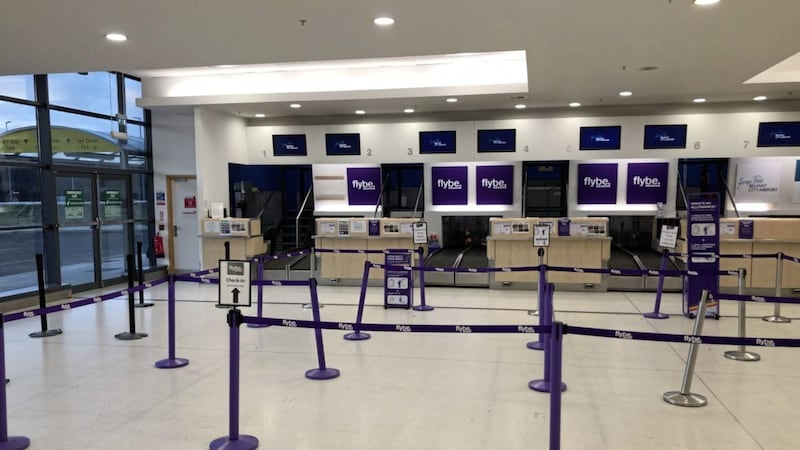SOME are labelling the Flybe collapse as the first corporate casualty of the coronavirus outbreak.
It wasn't. Because the regional carrier, long a loss-maker, had already been breathing its last, way before the potentially fatal respiratory virus even entered our vocabulary.
The vultures had been circling the ailing airline since the end of last year, and in February Flybe was bought out by a consortium led by Virgin Atlantic, and was set to be rebranded later this year as Virgin Connect.
A 40 per cent shareholder in that consortium (which also included the Stobart Group) was financing firm Cyrus Capital Partners.
And when you've got a hedge fund manager helping lead the day-to-day decision-making process, longer-term stability will never feature too highly in the minutes.
So coronavirus is a red herring. The simple fact is that passenger numbers had been declining in virtually every one of the routes flown by Flybe, which for so long provided vital connections to and from parts of the UK where other viable options often don’t exist.
Take, for example, its routes from Belfast City, where in December (the last month in which official statistics are available), numbers to Cardiff were down a whopping 41 per cent on the corresponding month the previous year.
Also down from Belfast were numbers to Exeter (28 per cent), Glasgow (24 per cent), Inverness (22 per cent), Leeds Bradford (17 per cent), Aberdeen (16 per cent), East Midlands (15 per cent), Birmingham (13 per cent) and Southampton (9 per cent).
Even London City, a route preferred by business travellers, dipped by one per cent year-on-year, although Flybe's biggest route from Belfast, to Manchester, recorded a slight uplift from 19,595 monthly passengers to 20,606.
Various factors can come into the equation from one year to the next. But these are figures which are unsustainable and which give a fairly accurate snapshot of where Flybe was ultimately headed.
City Airport chief executive Brian Ambrose insists all 14 of the carrier's routes from Belfast are profitable (some might argue with that assessment), and already we've seen Loganair confirm it is taking over the routes to Aberdeen and Inverness.
But while that is welcome news to the 4,500 or so people who use those north of Scotland routes from Belfast every month, a wider government strategy is now required to deal with the wider situation of the Flybe collapse, taking into account the unique circumstances of Northern Ireland.
As Stephen Farry raised in Westminster yesterday, a "one-size-fits-all" approach won't work here, given that we don’t have the rail links to provide alternative transport in the same way Britain does, so special consideration must be given to how we can maintain our external links, particularly in a post-Brexit context.
Transport links into Britain are absolutely essential for Northern Irish firms, and are fundamental to the government’s ambitions of ‘levelling up’ the UK’s economic performance.








